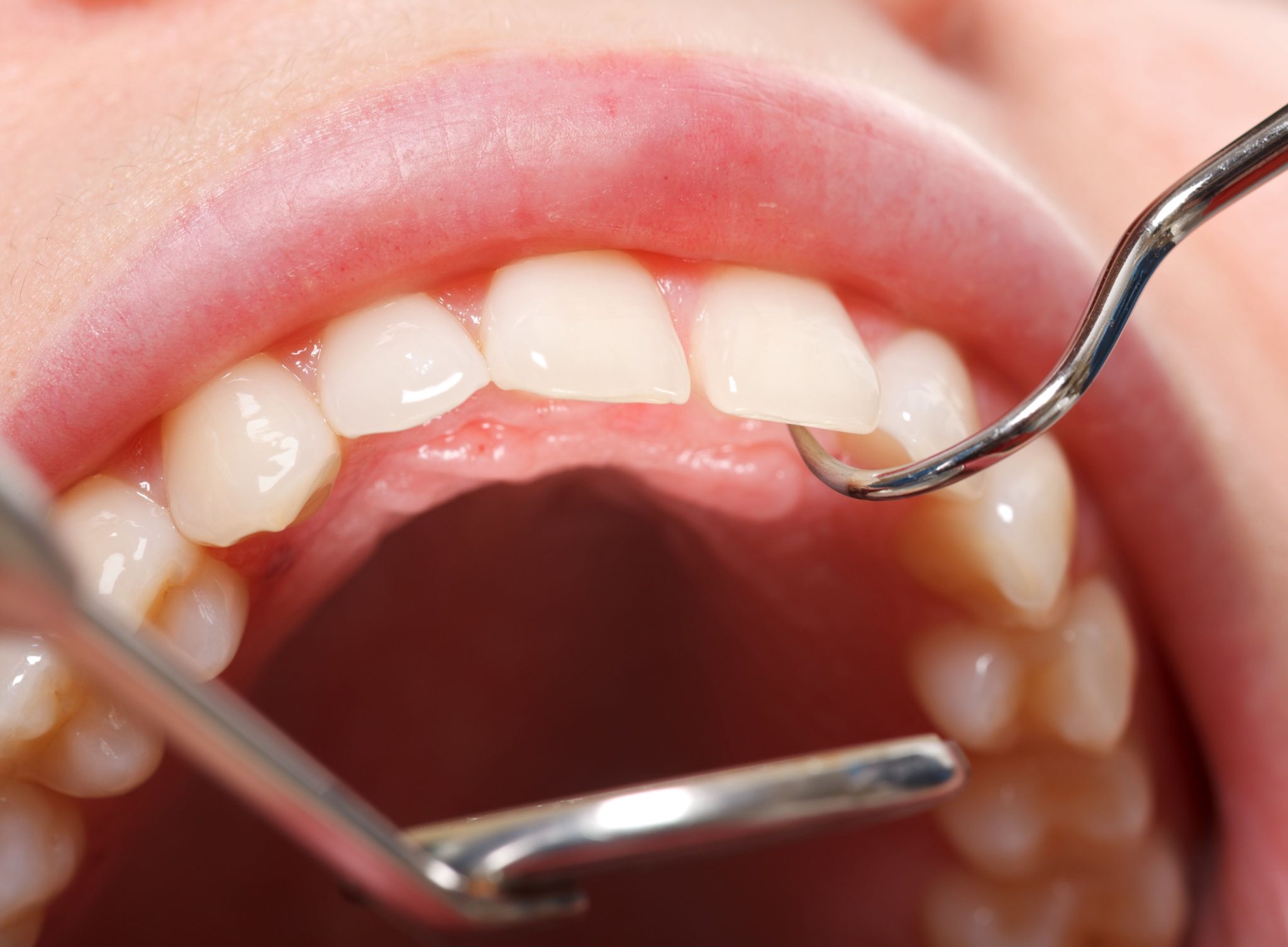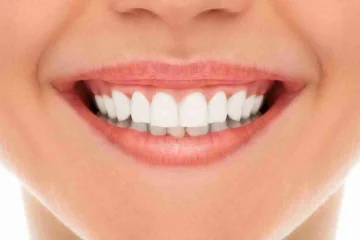In the hustle and bustle of modern life, dental hygiene often takes a backseat. However, the importance of maintaining good oral health cannot be overstated. Dental hygiene is preventative, meaning it is the first line of defense against a multitude of oral and systemic health issues. In this context, the role of dentists and dental hygienists transcends mere treatment; educating patients is an ethical action that has profound implications for overall health and well-being.
The Preventative Power of Dental Hygiene
Dental hygiene is preventative in nature. Regular brushing, flossing, and dental check-ups form the foundation of oral health. These practices prevent the buildup of plaque and tartar, which are the primary culprits behind tooth decay and gum disease. Left unchecked, these issues can escalate into more severe conditions such as periodontal disease, which not only affects the gums and teeth but can also have far-reaching consequences for overall health, including heart disease and diabetes.
The preventative nature of dental hygiene extends beyond the mouth. Research has shown a clear connection between oral health and systemic health. For instance, poor oral hygiene has been linked to cardiovascular diseases, respiratory infections, and even complications during pregnancy. By maintaining good oral hygiene, individuals can significantly reduce their risk of developing these serious health conditions. Therefore, the adage “an ounce of prevention is worth a pound of cure” is particularly relevant in the realm of dental care.
The Ethical Responsibility of Educating Patients
Educating patients is an ethical action that dental professionals must undertake diligently. The knowledge gap between dental professionals and patients can lead to neglect and misunderstanding of the importance of oral health. By providing patients with the necessary information and resources to maintain their dental hygiene, professionals empower them to take control of their health.
Patient education involves more than just explaining how to brush and floss properly. It encompasses a broader understanding of how oral health impacts overall health, the importance of regular dental check-ups, and the role of diet and lifestyle in maintaining healthy teeth and gums. This holistic approach to education ensures that patients are well-informed and motivated to maintain their oral hygiene routines.
Moreover, educating patients can prevent anxiety and fear related to dental visits. A significant number of people avoid going to the dentist due to fear or lack of knowledge about dental procedures. By demystifying these procedures and explaining their benefits, dental professionals can alleviate patients’ fears and encourage them to seek regular dental care. This, in turn, fosters a culture of proactive dental health, where prevention is prioritized over treatment.
Addressing the Consequences of Neglect
Neglecting dental hygiene can lead to a cascade of negative outcomes. The most immediate effects are tooth decay and gum disease, which can cause pain, discomfort, and even tooth loss. However, the consequences of poor oral hygiene extend beyond the mouth. Studies have shown that individuals with poor oral health are at a higher risk of developing serious health conditions such as endocarditis (an infection of the inner lining of the heart), stroke, and respiratory diseases.
In addition to physical health, poor dental hygiene can have psychological and social repercussions. Dental problems can affect an individual’s self-esteem and confidence, impacting their social interactions and quality of life. For instance, bad breath (halitosis) and visible tooth decay can make individuals self-conscious and reluctant to engage in social activities. By prioritizing dental hygiene, individuals can improve not only their physical health but also their mental and social well-being.
The Role of Dental Professionals
Dental professionals play a crucial role in promoting dental hygiene. Their responsibilities go beyond treating dental problems; they are also tasked with preventing these problems from occurring in the first place. This involves conducting regular check-ups, providing professional cleanings, and educating patients about the importance of maintaining good oral hygiene.
One of the key aspects of a dental professional’s role is to tailor their advice and treatment plans to the individual needs of their patients. This personalized approach ensures that patients receive the most effective care and guidance. For example, a patient with a high risk of gum disease may need more frequent cleanings and targeted advice on how to improve their oral hygiene routine.
Furthermore, dental professionals should stay updated with the latest advancements in dental care and incorporate evidence-based practices into their patient education efforts. By doing so, they can provide patients with the most accurate and up-to-date information, helping them make informed decisions about their oral health.
The significance of dental hygiene cannot be overstated. Dental hygiene is preventative, serving as a crucial barrier against a host of oral and systemic health issues. Educating patients is an ethical action that dental professionals must embrace to bridge the knowledge gap and promote a culture of proactive health care. By prioritizing dental hygiene and patient education, we can prevent the dire consequences of neglect and ensure a healthier, happier population. It is time we recognized that good dental hygiene is not just about having a bright smile—it is about safeguarding our overall health.




